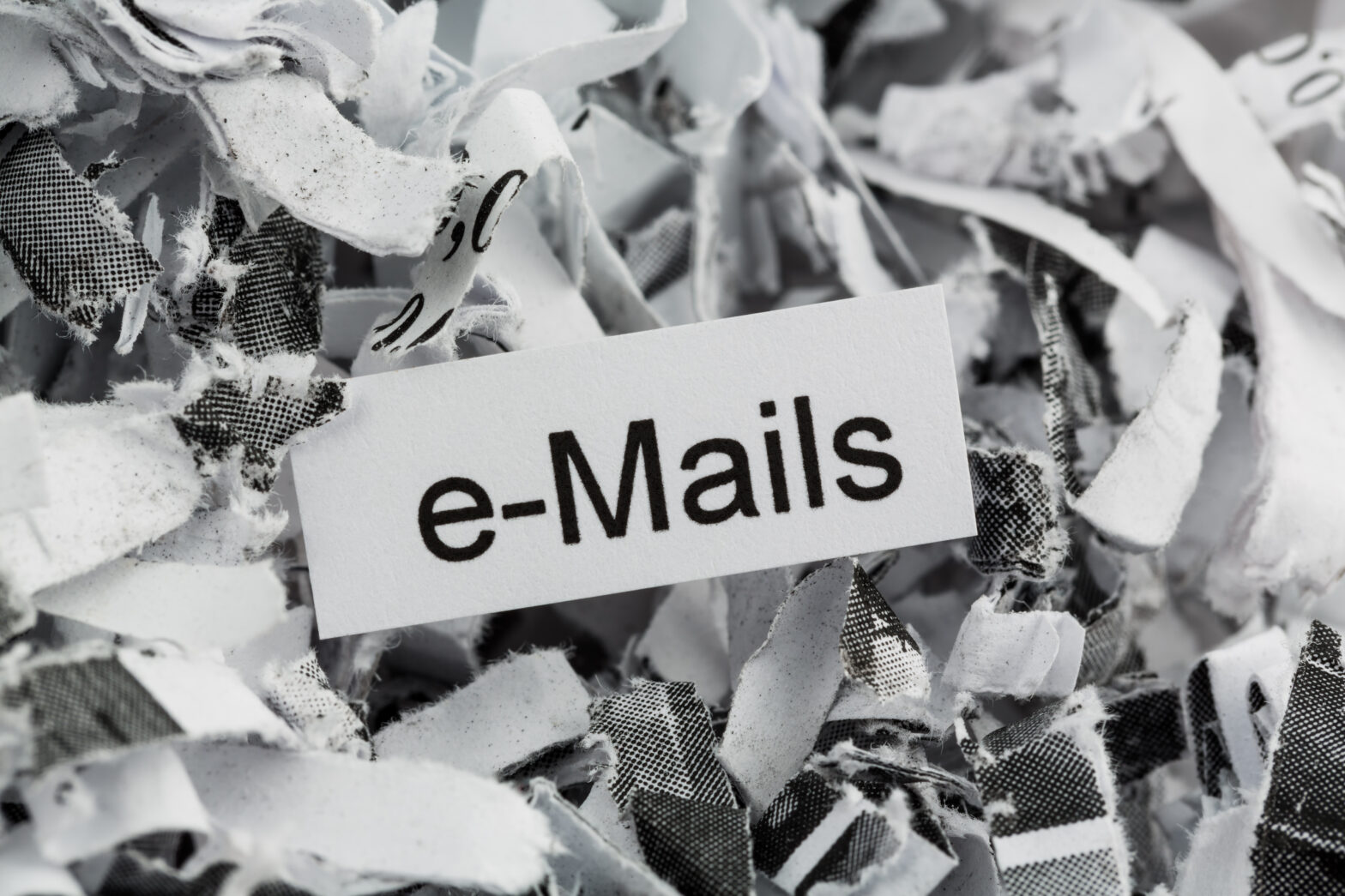Whether you have a small business, run an entrepreneurial freelance operation, or work within a larger corporation, one thing is equally essential to all of these business models, and that is dependable and efficient email communications. Most business professionals understand the necessity of email to their business; however, not everyone understands the importance behind archiving these important email communications or even the legalities which that entails – a point which this article hopes to shed some light on.
Why Archive?
Archiving emails is exactly what it sounds like – it is a method of storing your email communications. The benefits of archiving email range from various impacts on email efficiency and recall practicality, but one significant reason that no business can ignore is the legal requirements in archiving email. That’s right, all businesses are legally required by law to archive emails. This is because email is the main method of communication in the business world, and archiving those emails helps to protect both company and client in contractual agreements or legal proceedings. It also offers a way for businesses to be policed and ensure that no illegal activities are going on. Of course these laws differ depending on which country your business is operating in, so you will have to consult your country’s legal stipulations to ensure that you are in compliance.
Aside from the legal aspects, other benefits to archiving email is organisation, quick and efficient recall for easier access, as well as freeing up some much needed server space and allowing it to run at optimal speed. It also implements automatic deletion of messages that are past the specified archiving time-period, which again frees up necessary space.
Email archiving vs. email backup
Although it sounds quite similar, email backup methods and email archiving methods are actually quite different. Backing up email merely ensures that the content is secured outside of the email inbox and can be recalled – essentially that the data is protected. However, it doesn’t utilise any intelligent software solutions. Email archiving, on the other hand, does implement software solutions that not only protects data, but also organises it in a way that is efficient and useful for the company. With email backup, individuals will still have to wade through countless emails to find the communications that they are looking for. With email archiving, the desired communication can be pulled up easily through search and retrieval features, which offers businesses functional access to their stored email communications.
Email archiving and security
Most people understand the value behind having professional email services that utilise leading security technology in order to keep their email communications safe. This includes encryption technology as well as virus and spam protection, and communication policies to ward off email phishing attempts, among other things. However, when it comes to storing that sensitive communication data, security is still very much essential. Because there is simply too much data to search through, in-house IT departments aren’t usually equipped to properly handle and secure email archiving, while also being able to maintain efficiency and functionality. All of this essential email communication then, needs to be stored in a more secure location, protected against external threats and internal human error, while all being easy to recall when needed. Email archiving software offers solutions to store communications on external servers in read-only format so that it cannot be altered or modified. It also ensures that only authorised users can access it. All of these communications are also protected even if your email service provider is down or if individual accounts experience a security breach.
Final thoughts
The importance of email communication continues to grow year by year as the amount of emails sent increases. When contracts are all e-signed documents in email attachments and almost all company to client communication is conducted via email, your business’ email communications are as important as any hard-copy printed documents. In order to ensure that your business communications run smoothly and that both your business and your clients are protected and in compliance with industry regulations, you need to implement a dependable email archiving strategy.





